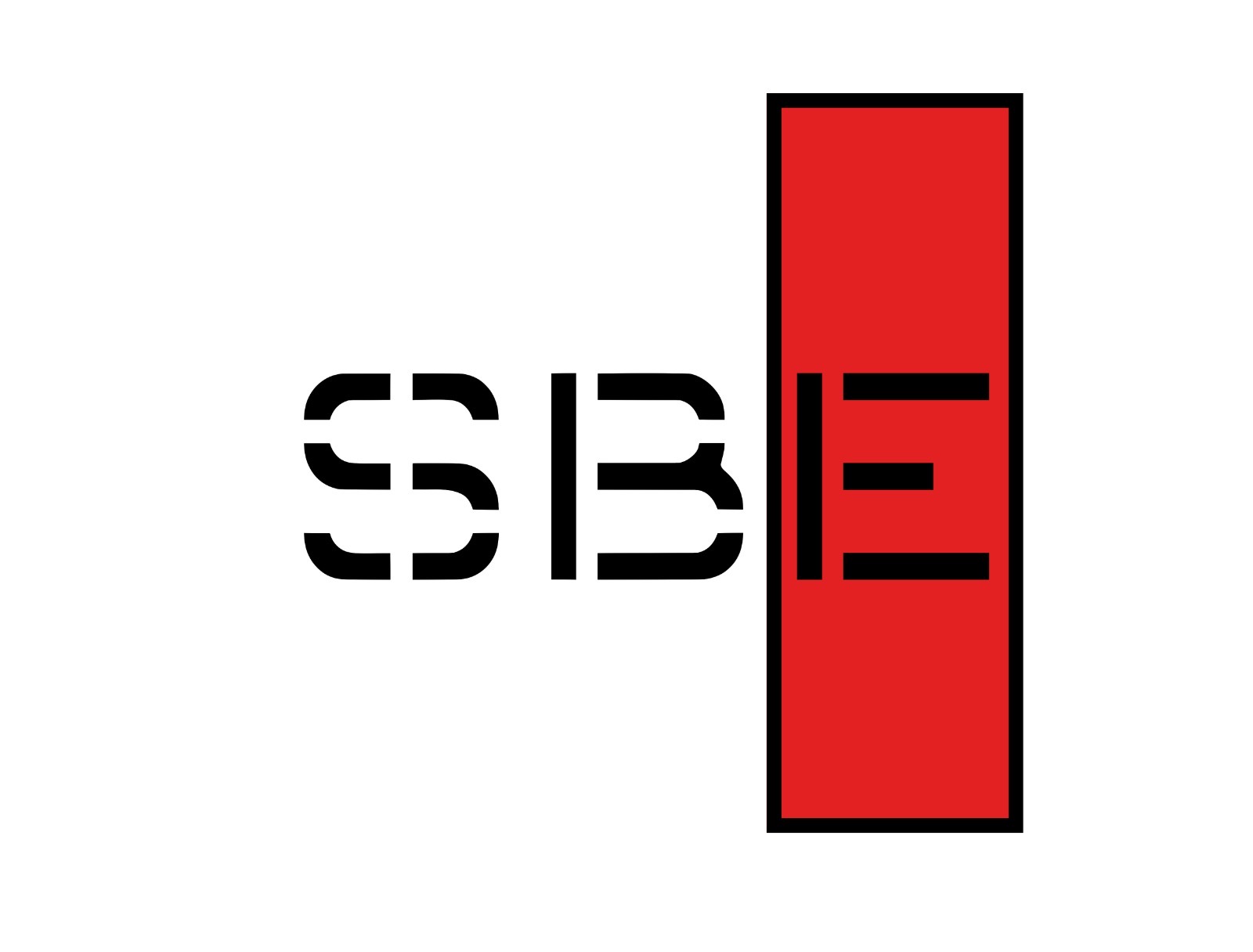Ships & Tugs: Pivot Point Copy
As we have already seen in the previous chapters, in average weather conditions, with the vessel underway at speed in deep water, the pivot point is about 1/3 of its length starting from the bow.
If the ship navigates in shallow water, the thrusters’ resistance increases and the pivot point moves towards the stern, forward of the centre. In contrast, it moves beyond the ship’s centre towards the stern once the vessel moves backwards.
Starting from this assumption, let’s see how the use of tugs influences the situation.
If we make fast two tugs at the ship’s ends, of equal power, towing on a line broadside on a ship forward-moving, we will have that the stern tug will favour the turning with a more significant moment than the fore one. The opposite will happen in the case of a ship backwards.
Vessel moving Backwards
Vessel moving Forwards
This simple concept, but not always intuitive in practice, can be exploited when, for example, we find it difficult to bring a ship to the berth in the presence of high beam winds.
In this case, we can:
- Direct the stern forward of the centre of the ship’s final mooring position;
- Once the stern is near the quay, the aft tug can work with the tug’s line at 45 degrees towards the pier to pull the ship back and keep her to the wind;
- With the ship moving backwards, the pivot point moves in the centre of the stern, favouring the turning moment of the bow, facilitating in going upwind; we keep the forward tug pushing until the end having, at the same time, clear water for the linesman to transfer the lines ashore; the ship will be close to the quay with little sternway;
- At this point, we can send the headlines ashore, keeping the forward tug pushing. At the appropriate timing, we will move the stern tug outwards, giving the engine ahead with the rudder hard-over to the opposite side of the quay to keep the stern closer and recover the position.
If the ship’s trim or the angled wind hitting the windage stern superstructure determine the two tugs cannot balance the effectiveness of their forces, we can help them by giving engines kicks ahead or astern, depending on the need.
